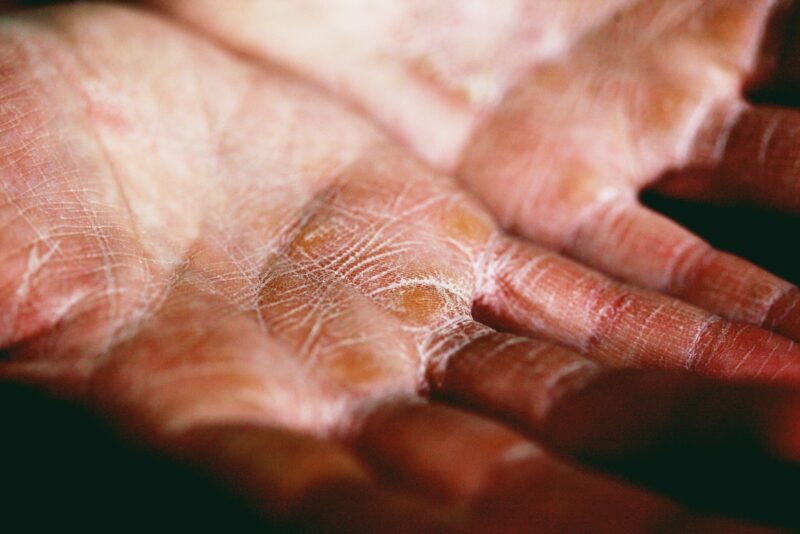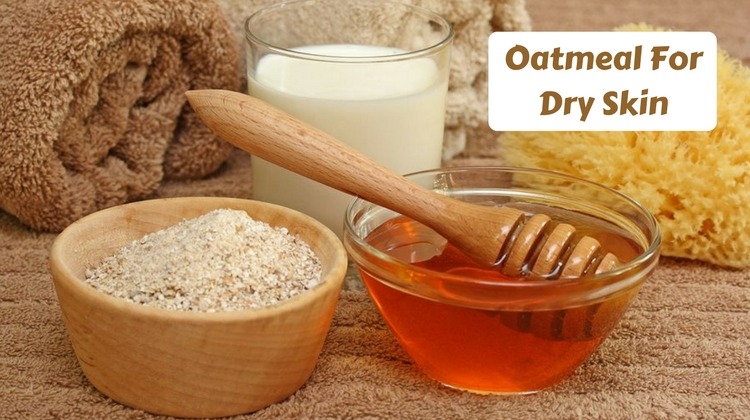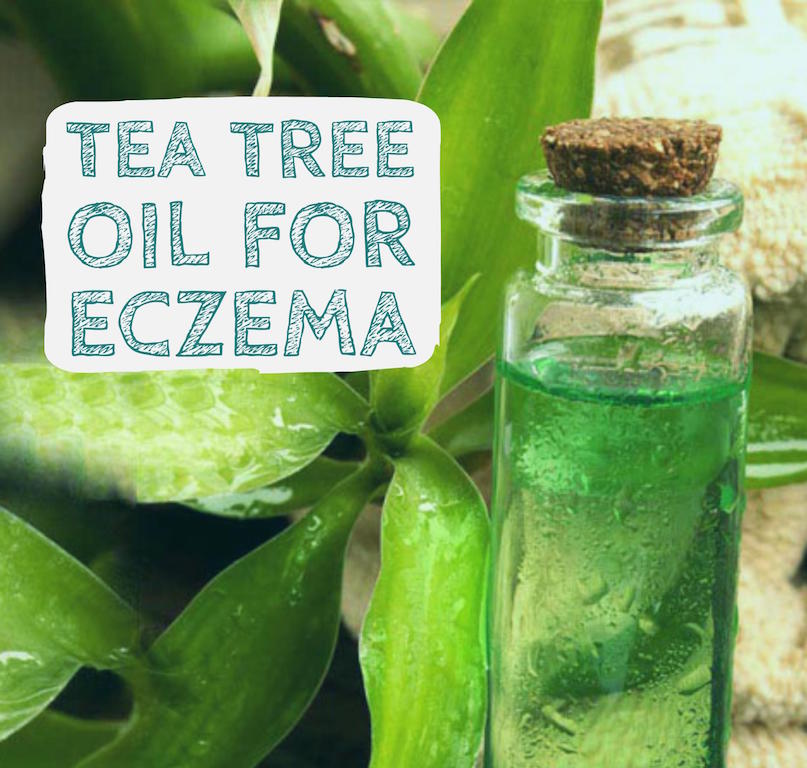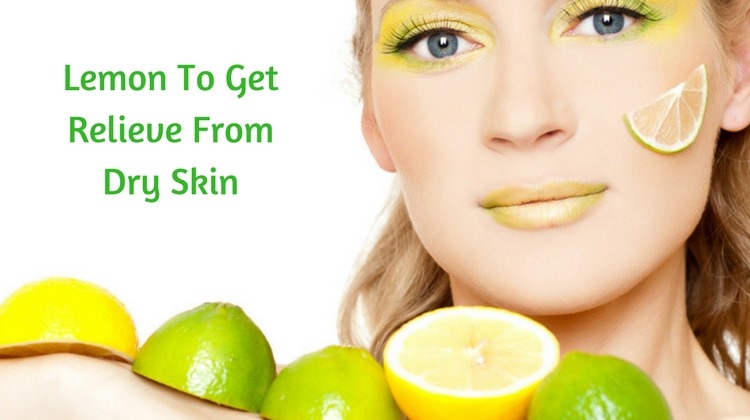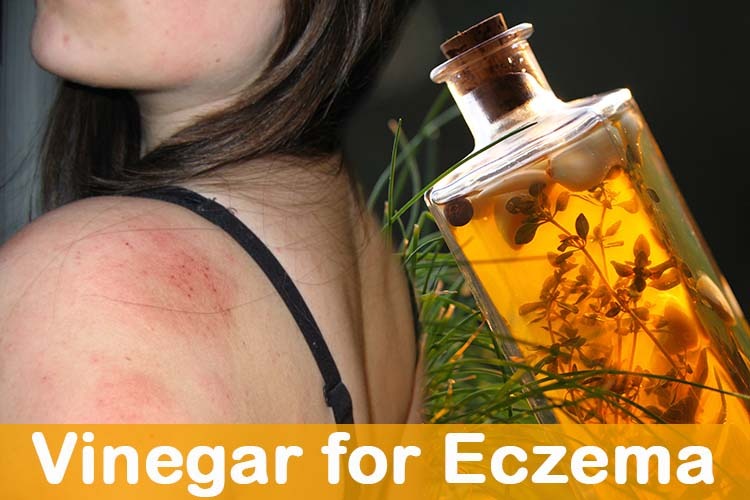Eczema is horrible. The itch is unbearable and the discolored and flaking skin can be unsightly. At first, the constant scratching just results in broken, even more inflamed, and sometimes bleeding skin. But long-term scratching can result in permanently hardened and discolored skin. The number one thing that anyone who suffers from eczema wants to know is how to stop the itch.
You don’t need to worry, you need to scratch for a very long time before the patches become permanent. If you can get ahead of your eczema by avoiding triggers and treating it to reduce the itching and inflammation you can keep your eczema under control and may be able to prevent flare-ups permanently.
What is Eczema?
Eczema is medically known as atopic dermatitis and usually occurs in people who have dry skin or very sensitive skin. Dry and/or sensitive skin tends to let through more irritants and lose moisture more quickly due to missing some components in the skin barrier that retains moisture and keeps irritants out.
Eczema usually occurs in response to allergens or irritants or the skin becoming inflamed due to being very dry. Stress can also trigger it as well as harsh personal care products and household cleaners. Babies and children are even more prone to eczema than adults due to their skin barrier not being as effective as adults’ skin barriers.
Many skin barrier protecting lotions and ointments contain harmful chemicals and can exacerbate the inflammation or cause other unwanted side effects. Baking soda for eczema is a much better option.
How Does Baking Soda Help for Eczema?
Baking soda is not just for baking delicious eats or removing odors from your home and laundry. Here are studies that back up how effective baking soda is for eczema and even some other skin conditions:
- Baking soda can balance the pH of the skin. Its alkalizing effects are so powerful that people who drink too much of it regularly can develop alkalosis, a condition where the body becomes too alkaline.
- While it isn’t the strongest disinfectant, baking soda does have antimicrobial properties which can help when your eczema has been triggered by germs and helps to prevent existing eczema from becoming infected.
- Baking soda is an FDA approved remedy for protecting the skin.
- Baking soda is an effective treatment for psoriasis, a similar condition to eczema.
How to Use Baking Soda for Eczema
Baking soda is quite versatile so there are a few ways that you can use it:
1. Baking Soda Bath for Eczema
This is one of the best ways to treat the itchiness. It’s mild enough that as long as your doctor or pediatrician has given the all-clear, you can even use a baking soda bath for baby eczema.
Here’s how to do it:
- Run a bath (not too hot since hot water dries the skin out).
- Add ¼ cup of baking soda to the bathwater.
- Sit in the bath with your eczema covered for up to 20 minutes. Some people need a shorter time, some find that they only need 5 minutes. It depends on your skin.
- If you are preparing a baking soda bath for your baby, a half to a full tablespoon of baking soda will work.
2. Baking Soda Facial Rinse
If you struggle with eczema on your face you can make yourself a helpful facial rinse. No need to use a face wash.
- Fill the sink with some water and add a teaspoon to a tablespoon of baking soda.
- Rinse your face with the mixture.
- Leave it on for about 5 minutes. You can leave it on a little longer if your skin can handle it and finds that more effective.
- Then rinse it off and pat your skin dry.
3. Baking Soda Paste (Water)
Paste works well for small areas. If you don’t like to take baking soda baths or rinses, you can apply a paste instead.
- Make a paste out of some water and baking soda.
- Apply it for a few minutes, you can even leave it on till it dries if your skin benefits from it.
- Then rinse it off and gently dry your skin.
4. Baking Soda Paste (Carrier Oil)
One of the best oils you can use for eczema is coconut oil. In fact, we recommend it as a moisturizer for eczema prone skin, particularly the affected skin. It’s anti-inflammatory and antibacterial.
You can also try these oils:
- Olive
- Grape seed
- Sunflower
- Castor
- Avocado
- Argan
- Shea butter
Here’s how:
- Make a paste out of your chosen oil (or a combination of oils) and baking soda. If you use coconut oil or shea butter, you may need to warm it until it melts first.
- Apply it to the affected area and keep it on for 3-15 minutes depending on what your skin prefers.
- You may need to wash it off with a gentle fragrance-free wash, but warm water should also work fine.
5. Baking Soda Paste (Aloe Vera)
Aloe vera has anti-inflammatory properties and many find it soothing (4). You can use the gel from a freshly cut leaf or store-bought aloe gel (make sure that it’s pure) and then create a paste by mixing together some baking soda and the gel. Use it as you would the other pastes.
6. Baking soda Paste (Witch Hazel)
Some people find that witch hazel soothes their eczema and this is likely due to its anti-inflammatory properties (4). Use it either by itself (but do a patch test first) or combine it with water to make a paste with baking soda. Use it as you would the other pastes.
Purchase the witch hazel extract with as little alcohol as possible as alcohol will dry your skin out and inflame it even more. You may be able to find one without any alcohol at all. Witch hazel also goes by its scientific name hamamelis.
Note: Never use this witch hazel on children under 6 years of age.
Helpful Ingredients to Add to Your Baking Soda Remedies
- Essential oils: Some essential oils are great for eczema (5). Two of the best are lavender and chamomile. Add a few drops to any of the above remedies. Check with your doctor first if you are pregnant, breastfeeding, on medication, or have a medical condition before using essential oils. Check with your vet too (6).
- Honey: Honey moisturizes the skin and has both anti-inflammatory and anti-microbial properties (7). Add some to any of the above remedies. Never feed it to children under 12 months of age. Always choose raw honey over processed honey to make sure that the benefits haven’t been stripped by the processing.
Tips and Precautions
- If your eczema gets infected, it may be best to go to the doctor. The symptoms are swelling, pus, and sometimes fever. Babies and children are more prone to infections and they often can’t resist scratching.
- If you struggle with knowing what your triggers are, keep a diary of what you did or how you felt, and any products you were using at the time you got your flare-up. It may also be useful to get an allergy test done.
- Try to only use fragrance and colorant-free products on your skin. The fewer chemicals, the better. This includes laundry detergents too, natural or baby clothing detergents may be better for your skin.
- Keep your skin moisturized by using an oil like coconut or olive oil. You may need to apply them twice a day.
- Try to limit intake of inflammatory foods. Inflammatory foods and drinks include meat, dairy, processed foods, fast food, junk food, alcohol, coffee, and soft drinks. Increase your intake of water and omega 3 fats (found in salmon, sardines, walnuts, flax seeds, and hemp seeds), as well as fruits and vegetables.
If baking soda doesn’t agree with your skin or you don’t like using it, try one of these other DIY eczema remedies. Feel free to ask us any questions that you might have in the comment section below.
